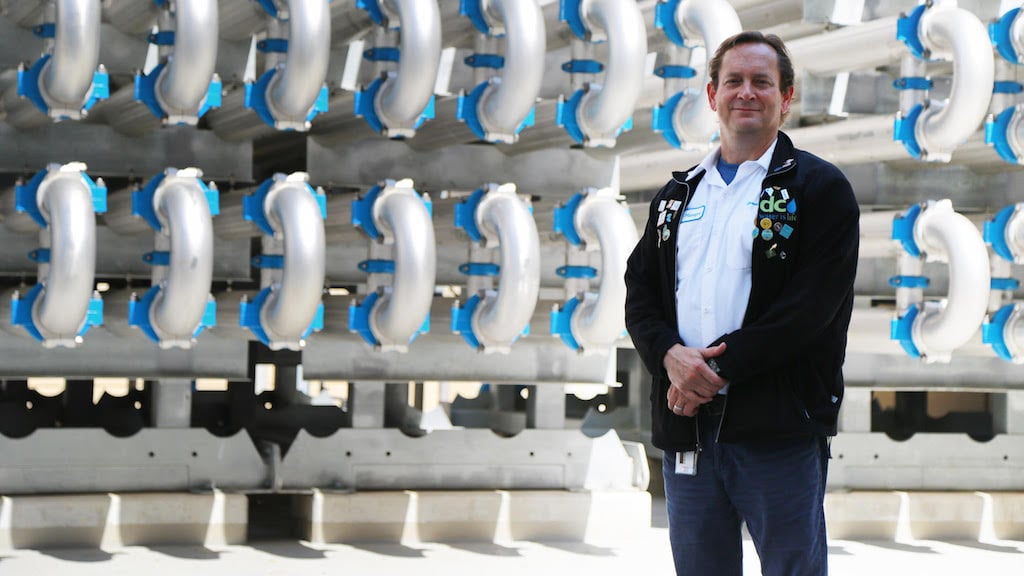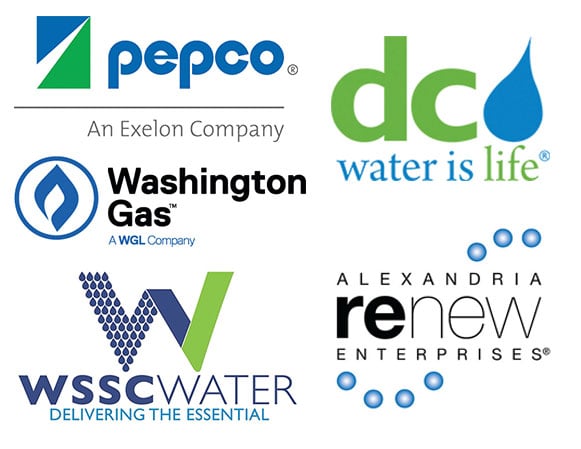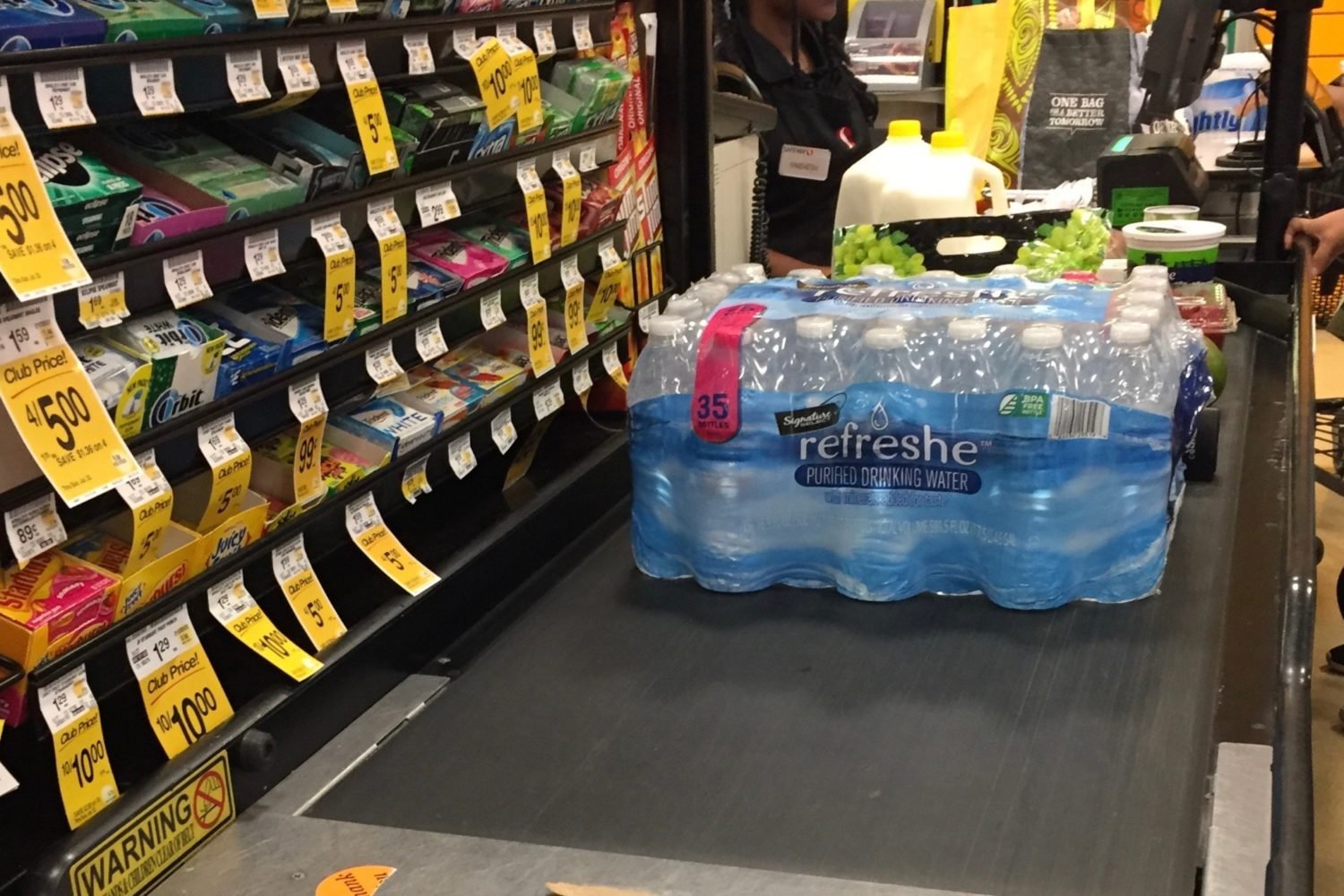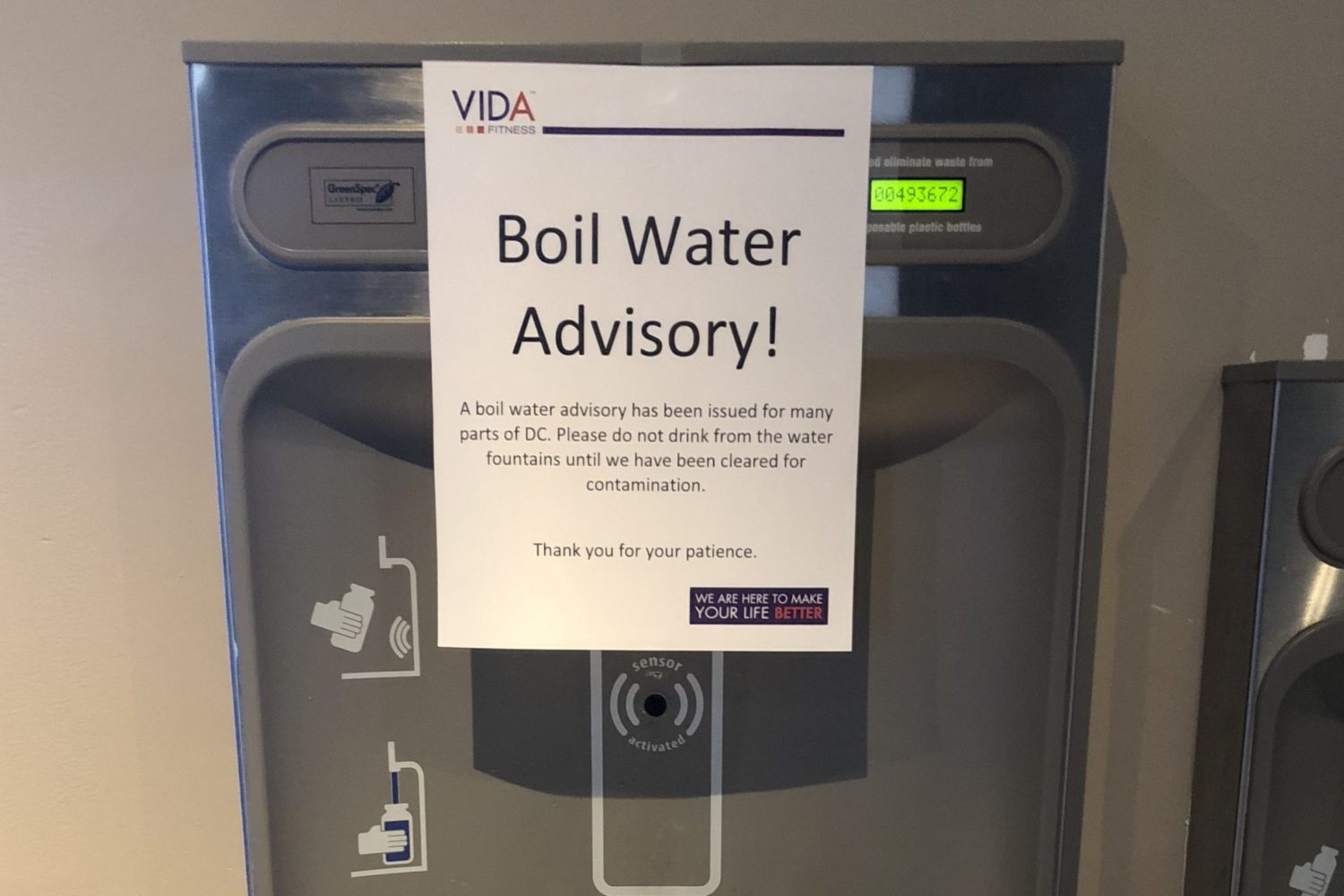Over the past eight years, DC Water’s charismatic leader George Hawkins has worked to rebrand the utility, transforming it into an agency people recognize, understand, and are (at least a bit more) willing to support. The initiative, which sprung from the necessity to persuade Washingtonians to pay higher water bills for much-needed renovations, will be one of Hawkins’s biggest legacies when he steps down this December.
It’s far from his only achievement, however. Also during his time running the nearly $1 billion agency, Hawkins oversaw a (nearly completed) $470 million waste-to-energy program, tripled the rate of DC Water’s infrastructure replacement program, launched a new workforce development program called “DC Water Works!”, and more.
Now, as he prepares to leave the water utility, he reflects on his proudest achievements at its head and the ways in which he’ll support the water industry in years to come.
How did you decide that now was the best time for you to leave DC Water?
A variety of considerations. One is how strong the organization is: We have an excellent team, a strong budget, and good credit ratings. In my humble view, the amount that it all relies on me has also decreased quite a bit over time. And that’s one of the most important factors for me in deciding to depart: How much can the enterprise continue to flourish under new leadership? I’ve loved DC Water, and it’s been a privilege of a lifetime to lead it, but the job is also demanding at a level that’s hard to describe. I think I need a break to freshen up my own perspective and figure out the other ways I might serve.
The DC Water rebrand was one of the biggest contributions you made to the organization. Can you talk about the motivation behind it?
It comes from my underlying conviction that water utility systems are essential. I always go through this mantra when people ask me how many jobs we support. I say all of them. And how many lives do we support? All of them. But when I arrived at DC Water, the American Society of Civil Engineers rated the infrastructure delivering that absolutely essential service at a D. That’s absolute crisis level. So the rebrand came from the necessity to persuade our ratepayers to write checks for more than they were used to—because it’s time to reinvest. Of course no one wants to pay more for anything unless they know the value in that additional cost. And that’s what the whole rebranding has been about: We need to have a relationship with our customers, so when that bill comes in the mail, they understand what the money is for and why it matters.
What are you most proud of from your time at DC Water?
I suppose if you were the head of a football team, you’d be most proud of winning the Super Bowl. And yes, I’m pleased with the giant, groundbreaking waste-to-energy project we have here—and we have four or five things like that that we’ve done—but what I’m most proud of is the people. Projects don’t happen without the people behind them. So, yes, we have all-star players and win big games, but to me, the best part of that is acquiring, encouraging, and supporting people, and then watching them do their thing.
What’s next for DC Water?
A few of the fun things we’re doing here at DC Water—most of which I’m sorry I won’t have as much a direct consequence on—include developing over a dozen IP patents. We’re inventing a new technology that can send the water quality of a fountain to your phone. We have technology on nutrient removal, we’re selling Bloom (which is our soil amendment coming off our energy production), and we’re looking into doing a huge solar project. And that’s happening, and needs to continue happening because if it can generate revenue—and I absolutely believe it can—then it’s going to take pressure off our ratepayers and allow us to do our work.
What are your plans for the future?
I’m interested in seeing how new technologies can transform the water industry like they’ve transformed so many others. We communicate so differently now, transportation is changing so much, and everything from TVs to refrigerators has changed so dramatically. Although things are changing in the water sector, too, it’s been difficult to integrate many of the new technologies and what they offer. So if there’s anything we can find that will allow us to do this mammoth amount of work in front of us at a lower cost or with greater efficiency or with greater transparency, I’m all for it. Beyond that, I’ve also taught environmental law and policy at Princeton for 18 years and will continue to do so. I’m also planning to write a book. The tentative title is Moonshot because when I started at DC Water, doing all of this seemed like a moonshot to me. The book will be about how to make moonshots like ours far more common at other water utilities and other entities altogether.
This interview has been edited and condensed for clarity.




















